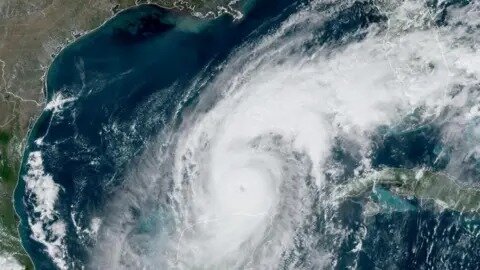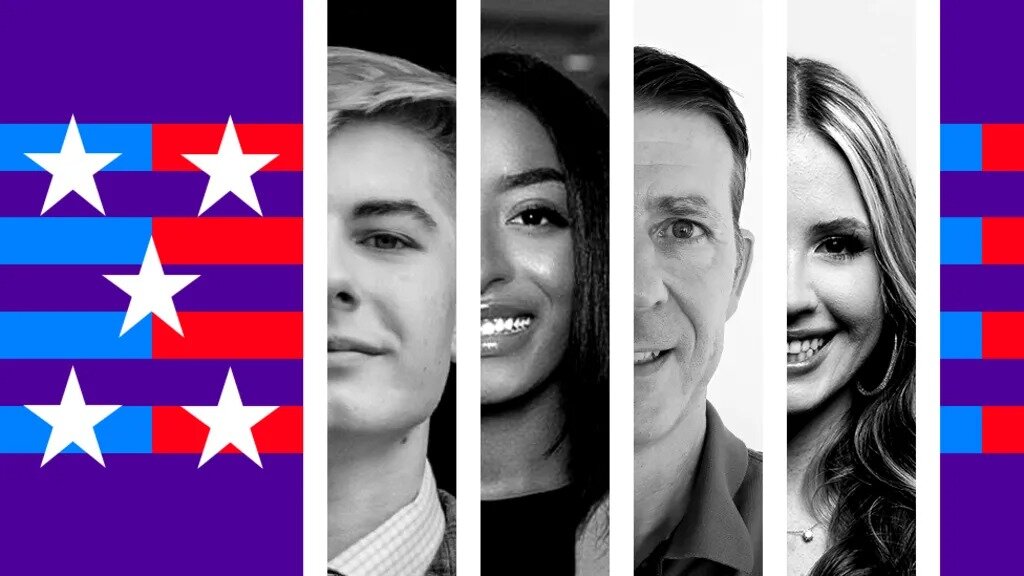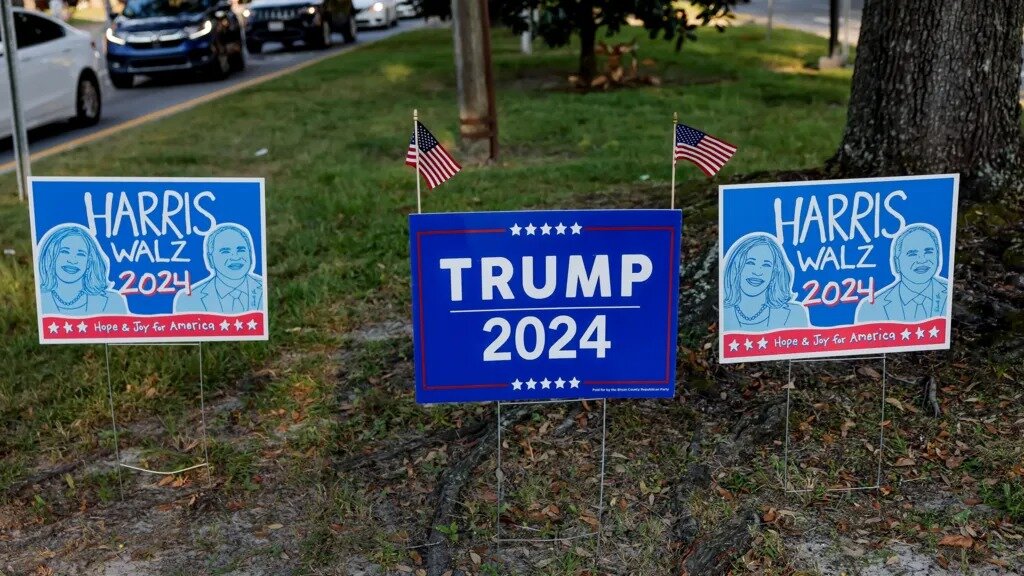With just weeks remaining before the U.S. presidential election, Kamala Harris is ramping up efforts to engage Black and Latino voters. Despite holding a substantial lead among these groups, some Democrats have expressed concerns that more needs to be done to energize these voters to ensure a strong turnout in November.
Recent polling indicates that Harris’s Republican rival, Donald Trump, is making inroads with Black and Latino voters, continuing the gains he saw in the 2016 and 2020 elections. A New York Times and Siena poll found that Harris has 78% support among Black voters, a decline from the approximately 90% support Democrats have received in recent elections, with the drop-off predominantly among men.
This shift could be critical in an election that is expected to be decided by razor-thin margins. Even slight gains among Black or Latino voters in key battleground states could sway the overall result.
Key Battleground States
In Arizona, nearly one in four voters on November 5th is expected to be Latino, and in Nevada, almost 20% of voters will be Latino. In Georgia, Black voters make up about 30% of the electorate. These significant voter blocs in crucial states highlight the importance of Harris’s outreach efforts.
Economic Concerns
Economic issues, particularly inflation and the cost of living, are at the forefront of voters’ minds. Many Black and Latino voters express dissatisfaction with the current state of the American economy.
Quenton Jordan, a 30-year-old Virginia resident who voted for Barack Obama but has supported Trump since 2016, stated, “Inflation has made it extremely challenging for people to provide basic necessities for their families.” He added, “Tangible issues like these make people feel the pressure from the cost of goods.”
In Nevada, Lydia Dominguez, a Las Vegas resident, mentioned that many Latinos “remember the economy under Trump,” and economic concerns have lessened the stigma of supporting him. “They can’t afford to live,” she said. “It’s no longer taboo to support him.”
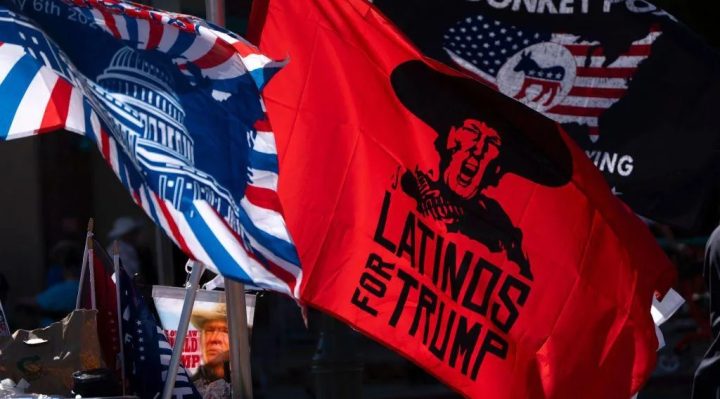
Immigration and Border Issues
Both Black and Latino voters have expressed concerns about immigration and the handling of the U.S.-Mexico border by the Biden administration. Trump’s campaign, with its emphasis on strong border controls and the deportation of undocumented migrants, has found resonance among some voters.
Rolando Rodriguez, a former Democrat from Texas, noted the impact of record migrant crossings, stating, “I live close to the border, and I’ve never seen a disaster like this under Kamala and Biden.” Quenton Jordan echoed this sentiment, expressing that asylum seekers are “taking resources the Black community has been asking for decades.”
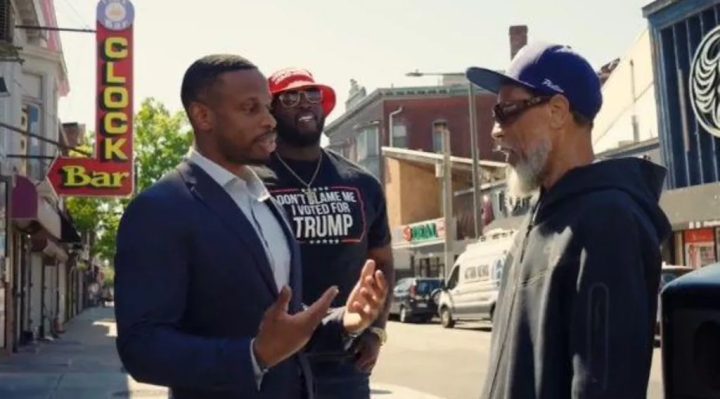
Social Issues
Political science Professor Quadricos Driskel highlighted that some Black male voters are turning away from the Democratic Party due to its perceived stance on social issues, particularly those related to masculinity and gender. Clarence Pauling, a barbershop owner and former police officer from South Carolina, shared that the Republican Party’s views align more closely with his religious values.
Harris’s Response
In response, Harris has released a list of policy proposals dubbed an “opportunity agenda for Black men” and plans to meet with Black entrepreneurs in key swing states. She will also engage with popular Black media figures, including radio host Charlamagne Tha God, at an event in Detroit.
Meanwhile, Trump is capitalizing on his perceived gains, stating at a town hall event in Pennsylvania, “Our poll numbers with Black and Hispanic voters have gone through the roof, and I like that.”
As the election approaches, both candidates are intensifying their efforts to win over Black and Latino voters, understanding the pivotal role these communities will play in determining the outcome.

